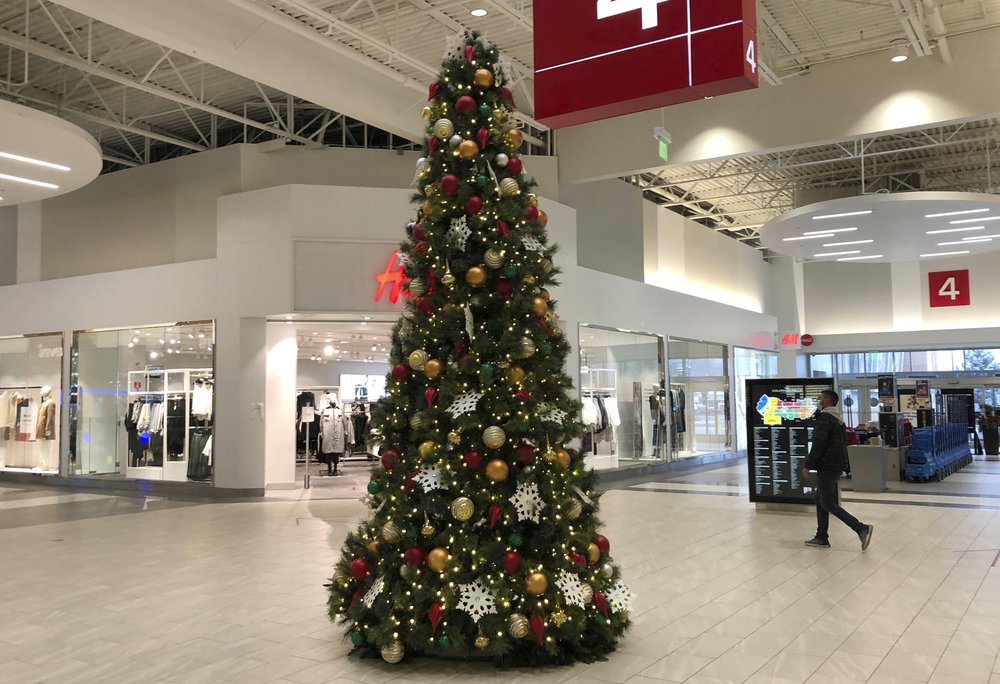
After months of slumping sales and businesses toppling into bankruptcy, Black Friday is offering a small beacon of hope.
In normal times, Black Friday is the busiest shopping day of the year, drawing millions of shoppers eager to get started on their holiday spending.
But these are not normal times: The economy is tanking and crowds are expected to be dramatically diminished as coronavirus cases spike and shoppers do more of their purchases online.
Many retailers closed their doors on Thanksgiving Day but are beefing up their safety protocols to reassure wary customers that they can still come back the next day. For those who can’t be reassured, stores are moving their doorbuster deals online and ramping up curbside pickup options as a last grasp at sales before the year ends and they head into the dark days of winter with the pandemic still raging.
“Black Friday is still critical,” said Neil Saunders, managing director of GlobalData Retail. “No retailer wants it to be tarnished. It’s still vital to get their consumers spending and get consumers into the holiday mood.”
The U.S. Centers for Disease Control and Prevention has labeled shopping in crowded stores during the holidays a “higher risk” activity and says people should limit any in-person shopping, including at supermarkets.
Instead, the health agency recommends shopping online, visiting outdoor markets or using curbside pickup, where workers bring orders to you in the parking lot.
The day after Thanksgiving has been losing its luster as the unofficial start to the holiday shopping season for the past several years, with more stores were offering holiday discounts throughout the month. Still, Black Friday has remained the busiest day of the year, according to ShopperTrak, and is expected to hold that title again this year.
There is reason for hope. Retailers were successful in convincing shoppers to spend early by pushing big discounts in mid-October. And shoppers have shown their willingness to spend for other holidays like Easter and Halloween.
The National Retail Federation, the nation’s largest retail trade group, has taken an optimistic view, predicting that shoppers will be looking for reasons to celebrate. The trade group expects sales for the November and December period to increase between 3.6% and 5.2% over 2019 compared with a 4% increase the year before. Holiday sales have averaged gains of 3.5% over the past five years.
“After all they’ve been through, we think there’s going to be a psychological factor that they owe it to themselves and their families to have a better-than-normal holiday,” said NRF Chief Economist Jack Kleinhenz. “There are risks to the economy if the virus continues to spread, but as long as consumers remain confident and upbeat, they will spend for the holiday season.”
Online sales could realize even bigger gains heading into the holidays. Black Friday is projected to generate $10 billion in online sales, a 39% bump from the year ago period, according to Adobe Analytics, which measures sales at 80 of the top 100 U.S. online retailers. And Cyber Monday, the Monday after Thanksgiving, will remain the biggest online shopping day of the year with $12.7 billion in sales, a 35% jump.